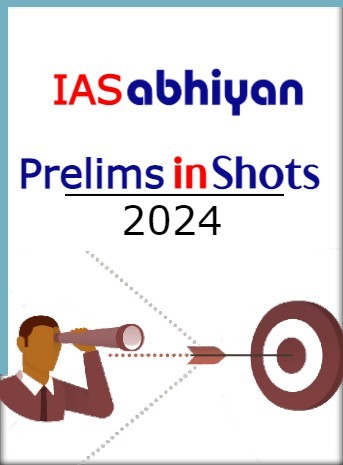Context :
- Recently the Delhi High Court has sought a response from the Centre and the Election Commission (EC) on a petition challenging the poll panel’s decision to reduce the disqualification period of Sikkim Chief Minister Prem Singh Tamang from six years to 13 months. Mr Tamang was convicted in a graft case.
Background of the matter:
- Tamang was found guilty of misappropriating government funds in a cow distribution scheme while he was Animal Husbandry Minister in the 1990s. The disqualification period began on August 10, 2018 — the day he completed a year’s jail term in the case. It was to end on August 10, 2024
- After becoming chief minister in April, Tamang was required to win an Assembly seat in six months. He had asked the EC for a waiver of his disqualification under Section 11 of The Representation of the People Act, 1951.
- The Election Commission has reduced Sikkim Chief Minister Prem Singh Tamang’s period of disqualification by almost five years, making him eligible to contest elections
About Section 11 of RPA
- Section 11 of the Representation of the People Act, 1951, empowers the EC to remove or reduce the period of disqualification.
Offences under which the Election Commission can debar a candidate from contesting elections.
- Offences relating to religion, untouchability
- Offences against women
- Sub-section (1) or Sub-section (2) of Section 376 or 376A or 376B or 376C or 376D: offences relating to rape
- Section 498A: offence of cruelty towards a woman by husband or relative of a husband
- The Commission of Sati (Prevention) Act, 1987.
- Any provisions of the Dowry Prohibition Act, 1961.
- Offences relating to elections
- Section 171E of IPC: offence of bribery. Section 171F of IPC: offence of undue influence or personation at an election.
- Section 125 of the Representation of the People Act, 1951: offence of promoting enmity between classes in connection with the election.
- Section 135 of the RP Act, 1951: offence of removal of ballot papers from polling stations.
- Section 135A of the RP Act, 1951: offence of booth capturing.
- Clause (a) of Sub-section (2) of Section 136 of the RP Act, 1951: offence of fraudulently defacing or fraudulently destroying any nomination paper.
- Section 10A of RP Act, 1951: Disqualification for failure to lodge account of election expenses.
- Offences relating to terrorism
- Offences concerning unlawful trades
- Offences relating to corruption
- Offences relating to national symbols
- Association with the government
- Section 9A of the RP Act, 1951: Disqualification for Government contracts, etc.
- Section 10 of the RP Act, 1951: Disqualification for office under Government company.
- For all offences which are not mentioned above, a person convicted can be disqualified under Sub-section (3) of Section 8 of the RP Act, which provides that such a disqualification can take place if the person has been sentenced to imprisonment for not less than two years.
Source: TH & WIKIPEDIA

